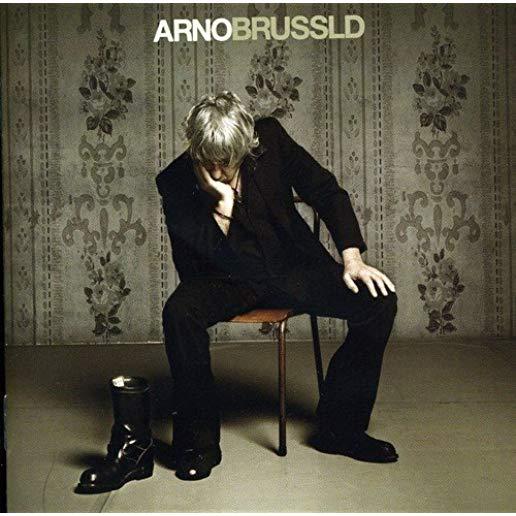
description
8What makes language beautiful? Arabic Poetics offers an answer to what this pertinent question looked like at the height of the Islamic civilization. In this novel argument, Lara Harb suggests that literary quality depended on the ability of linguistic expression to produce an experience of discovery and wonder in the listener. Analyzing theories of how rhetorical figures, simile, metaphor, and sentence construction are able to achieve this effect of wonder, Harb shows how this aesthetic theory, first articulated at the turn of the eleventh century CE, represented a major paradigm shift from earlier Arabic criticism which based its judgement on criteria of truthfulness and naturalness. In doing so, this study poses a major challenge to the misconception in modern scholarship that Arabic criticism was 'traditionalist' or 'static', exposing an elegant widespread conceptual framework of literary beauty in the post-eleventh-century Islamicate world which is central to poetic criticism, the interpretation of Aristotle's Poetics in Arabic philosophy and the rationale underlying discussions about the inimitability of the Quran.
member goods
No member items were found under this heading.
listens & views

ULTIMATE GRAMMY COLLECTION: CONTEMPORARY R&B ...
by ULTIMATE GRAMMY COLLECTION: CONTEMPORARY RANDB / VAR
COMPACT DISCout of stock
$11.99

HARD TO FIND JUKEBOX CLASSICS ...
by HARD TO FIND JUKEBOX CLASSICS 1958: MORE POP / VAR
COMPACT DISCout of stock
$16.75
Return Policy
All sales are final
Shipping
No special shipping considerations available.
Shipping fees determined at checkout.





